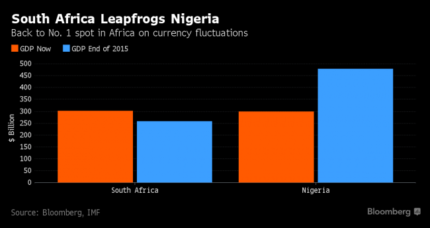BANK of Jamaica Governor Brian Wynter says the Jamaican dollar is no longer overvalued and is now less susceptible to unpredictable slippage, following recommendations by the International Monetary Fund (IMF) for its continued devaluation to maintain competitiveness.
The statement, which was yesterday released by the bank under the September quarter review, also indicated a two percentage point decline in the country’s inflation rate quarter over quarter — from 3.8 per cent to 1.8 per cent — continuing on its 40-year-low trend.
“The Jamaican dollar is no longer overvalued and is therefore less susceptible to unpredictable slippage,” Wynter stated.
“As additional insurance, Bank of Jamaica has built up a very considerable surplus in the NIR (some US$1.0 billion in excess of agreed targets with the International Monetary Fund),” Wynter added on a day when the Jamaican dollar traded at $119.84 to US$1.
The statement follows an almost 70 per cent decline in domestic financing by the Government for the September quarter when compared to the same period last year and since the beginning of the agreement with the IMF.
Additionally, a major boost is expected to occur within the financial sector following the payout of $62 billion of maturing NDX bonds to bondholders next February. The payout will provide the banking system with additional liquidity to prompt further expansion in loans for the productive sector at more affordable rates.
“In previous years, we have all seen that Government’s appetite for domestic borrowing was crowding out private sector investment and shifting too much of those investment sources towards government paper and away from productive activity,” the report stated.
“In contrast, the recent combination of increasing private sector credit and sharply falling government borrowing represents a long overdue correction and demonstrates the positive crowding in effect of the economic reform program.”
The BOJ noted a 7.8 per cent increase in the rate of credit expansion during the September quarter, compared to 4.5 per cent over the 12 months to the end of June 2015. Concurrently, lending rates — in particular mortgage rates and rates on instalment credit — declined but at a slower than desired pace.
“We expect more and more stakeholders in both the private sector and the public sector to take advantage of the opportunity to issue debt and equity to finance projects or acquisitions, but it will also fuel greater consumption as some consumers seek to realise their dreams with a new car or a new home,” Wynter stated.
“Even as some may go into building up foreign exchange positions as they fall prey to alarmism or anxiety about devaluation of the Jamaican dollar. Rest assured that Bank of Jamaica has been carefully preparing for this event for some time,” he said.
Source: www.jamaicanobserver.com



